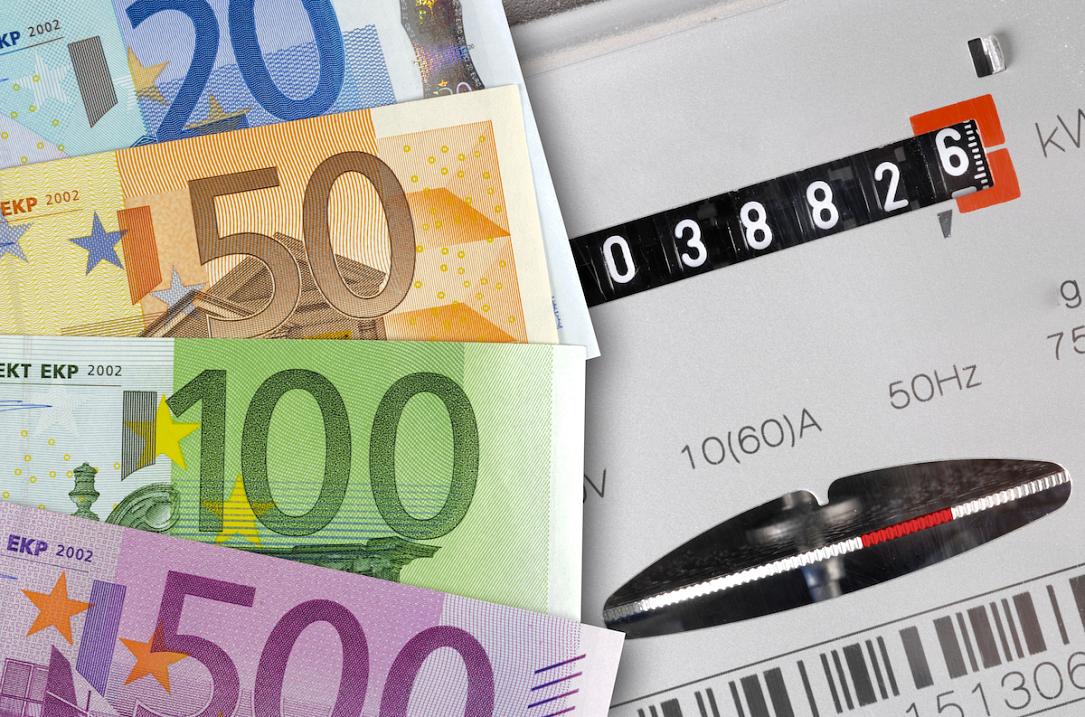EC requires Romania to terminate energy price capping mechanism



The European Commission sent Romania two letters of formal notice, de facto requiring the country to terminate the energy price capping system, the most complex and costly in Europe, which, among others, impedes the country's exports.
Romania's price capping system tends to keep the prices on the wholesale and retail markets above those expected to emerge from a functioning market mechanism, analysts warned when the Government renewed the system this spring for another year.
The energy traders have advocated for maintaining the price capping system and are supposedly at the origin of the system designed in 2021. While the market prices dropped across the whole of Europe in 2023-2024 after the 2022 peak, the limits set under Romania's system tend to be used by the producers and suppliers in Romania as benchmarks preventing a free functioning of the market, some analysts argue.
The EC's warnings also come in the context of Romania, besides Greece and Bulgaria, requesting the European Commission to take steps and address the imperfections of the day-ahead electricity market that results in comparatively higher electricity prices in the southeastern part of the continent. The Commission thus points to major imperfections in the Romanian energy markets generated by costly price-capping mechanisms eventually funded by the population.
Under the price capping system set in place in 2022 and renewed in 2024, Romania capped the end-user prices (the suppliers invoice customers at full price but offer discounts in line with the capped prices, recovering the differential from the state) while regulating the prices charged by the electricity and natural gas producers.
The Government is using the revenues derived from the supplementary taxation of energy producers and traders to cover the differential between the price paid by the energy suppliers on the free market and the capped end-user prices. The system is, however, prone to abuse by traders, with some cross-trading schemes already revealed.
The byzantine price-capping scheme is supposed to end on April 1 next year, but the Romanian authorities failed to adequately prepare the transition to market mechanisms, generating expectations for further extension of the regulations in place.
The EC's letters, thus, are mostly aimed at speeding up the preparations Romania has to take ahead of the termination of the price-capping mechanism and avoid renewal of the regime.
The European Commission decided to open an infringement procedure by sending a letter of formal notice to Romania (INFR2024/2194) for restricting the freedom of market participants to determine their wholesale prices of electricity and gas as well as the export of gas.
The EC also followed up on an open infringement procedure by sending an additional letter of formal notice to Romania (INFR2023/2032) for restricting the export of electricity and limiting the freedom of market participants to determine their wholesale prices.
iulian@romania-insider.com
(Photo source: Filmfoto/Dreamstime.com)